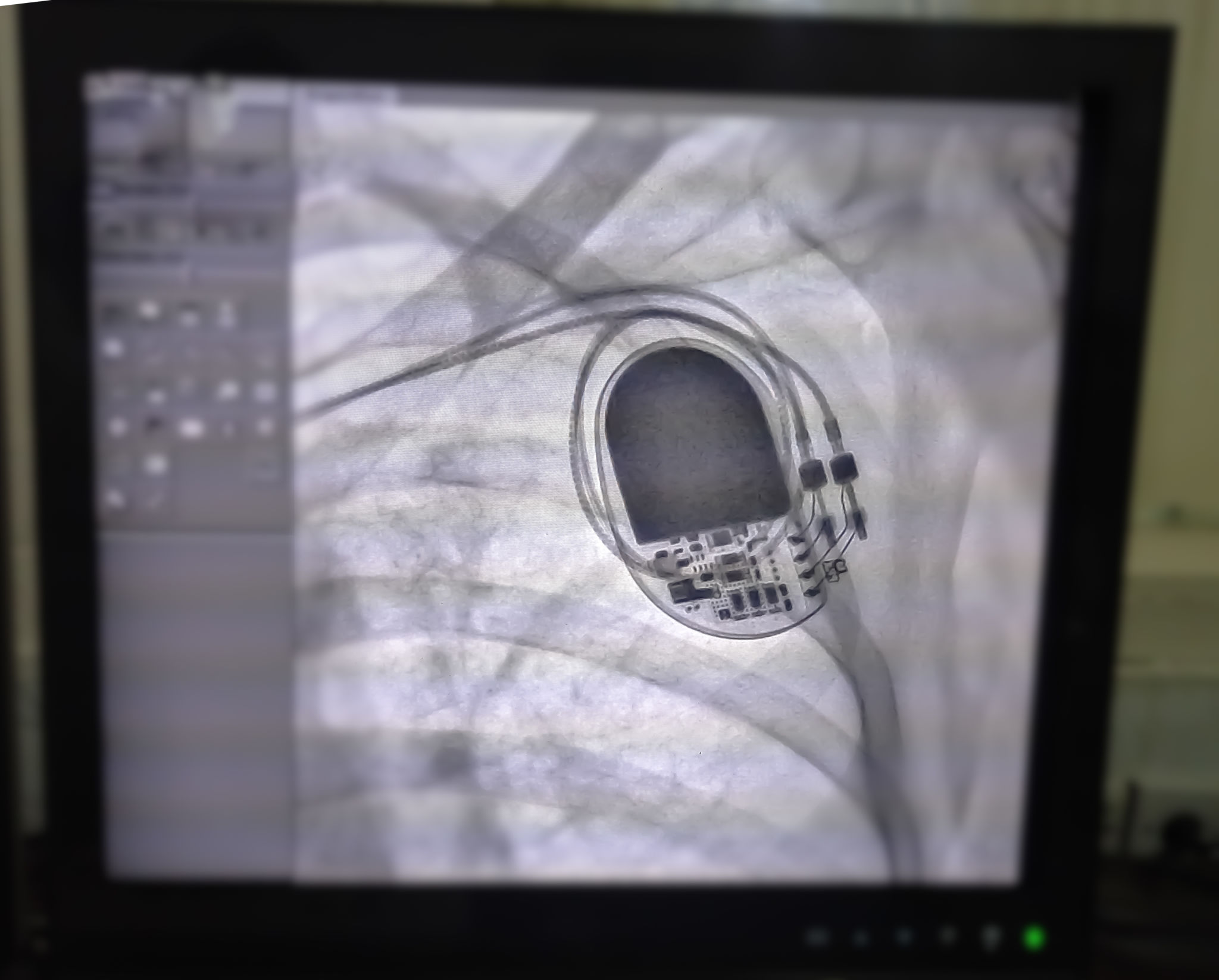How Electrophysiology is Transforming Healthcare: Expert Insights
Understanding Electrophysiology
Electrophysiology, a branch of cardiology that deals with the electrical properties of the heart, is revolutionizing the way healthcare professionals diagnose and treat heart conditions. By focusing on the electrical impulses that regulate heart rhythms, electrophysiologists are able to pinpoint and correct irregularities that could lead to serious health issues. In recent years, advancements in this field have significantly improved patient outcomes and opened new avenues for research and treatment.

The Role of Electrophysiologists
Electrophysiologists are specialized cardiologists who use state-of-the-art technology to study and manage heart rhythm disorders. They perform procedures such as electrophysiology studies (EPS) and catheter ablation to identify and treat arrhythmias. These procedures are minimally invasive, providing a safer alternative to traditional open-heart surgeries. The expertise of electrophysiologists is crucial in diagnosing complex conditions that might otherwise go unnoticed.
Their work extends beyond individual patient care. Electrophysiologists also contribute to clinical research, aiming to enhance our understanding of cardiac arrhythmias and develop more effective treatments. By collaborating with researchers and other healthcare professionals, they help drive innovation in cardiology.
Advancements in Electrophysiology Technology
Technological advancements have played a pivotal role in transforming electrophysiology. One of the most significant developments is the use of 3D mapping systems. These systems create a detailed map of the heart's electrical activity, allowing for precise identification of abnormal pathways. This precision reduces the risk of complications and increases the success rate of procedures.

Additionally, improvements in catheter design and imaging techniques enhance the accuracy and safety of electrophysiology procedures. Innovations like robotic-assisted catheter ablation provide greater control and precision, minimizing patient discomfort and recovery time.
Impact on Patient Care
The impact of electrophysiology on patient care is profound. Patients with arrhythmias experience improved quality of life due to accurate diagnoses and effective treatments. Conditions like atrial fibrillation, which can lead to stroke if untreated, can now be managed more effectively thanks to electrophysiology advancements.
- Reduced risk of complications
- Shorter recovery times
- Minimized need for repeat procedures

Future of Electrophysiology
The future of electrophysiology is promising, with ongoing research poised to unveil even more breakthroughs. Current studies focus on developing less invasive techniques and integrating artificial intelligence to enhance diagnostic accuracy. AI algorithms are being designed to analyze complex data sets from electrocardiograms (ECGs) and other diagnostic tools, providing deeper insights into cardiac health.
As our understanding of genetics and personalized medicine grows, electrophysiology will likely benefit from tailored treatment plans that consider an individual's unique genetic profile. This approach could lead to more effective prevention strategies and targeted therapies.
Conclusion
Electrophysiology is undeniably transforming healthcare by offering advanced solutions for diagnosing and treating heart rhythm disorders. With continued technological advancements and research efforts, the potential to further improve patient outcomes is immense. As we embrace these innovations, the role of electrophysiologists will remain at the forefront of cardiac care, ensuring that patients receive the best possible treatment tailored to their specific needs.